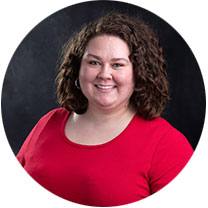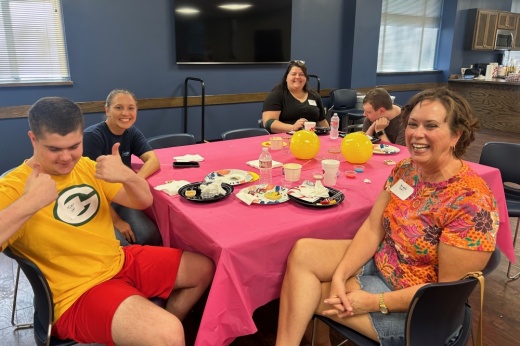Project Beacon—a nonprofit based out of Willis—aims to fill a void in Texas, which lacks needed programming and resources for adults with autism, organization leaders said.
The big picture
Project Beacon provides programs for people age 16 and older with autism throughout the Greater Houston area. About 50,000 adults with cognitive disabilities live in north Harris and Montgomery counties, according to informational materials from Project Beacon.
While other neurodivergent individuals are welcome to the program, Vice President Amy Wood said the nonprofit is geared towards older teenagers and adults with autism, who they feel are often excluded by other programs.
Adults with autism can need higher staff-to-client ratios than many programs can manage due to limited funding and high staff turnover, Wood said.
“The adult programming and resources that we have available are so far behind what we have now for young children,” Wood said. “We need to bring that into reality.”
The nonprofit was co-founded by President Kevin Gerrity and Executive Director Kelly Baughman.
The approach
Project Beacon’s social enrichment programs were launched in 2023. The events focus on social skill development and include activities, such as bowling, bingo and holiday parties, according to the organization's website.
“I know a lot of people with autism that have excellent grades, and they're very, very intelligent, but when it comes to social and emotional IQ, they're in a different spot,” Wood said. “Our kids graduate from public school, and those things never get addressed.”
What’s next
Leaders of Project Beacon have multiple goals for their organization, including:
- Expanding program offerings to include individualized day programs and vocation training programs
- Opening a capstone learning center in The Woodlands by August. Donations are still needed for this $600,000 project before Project Beacon leaders sign a lease in April, Baughman said Feb. 20.
- Building an “Intentional Residential Community,” which would be home to 40-60 neurodivergent adults, Baughman said





